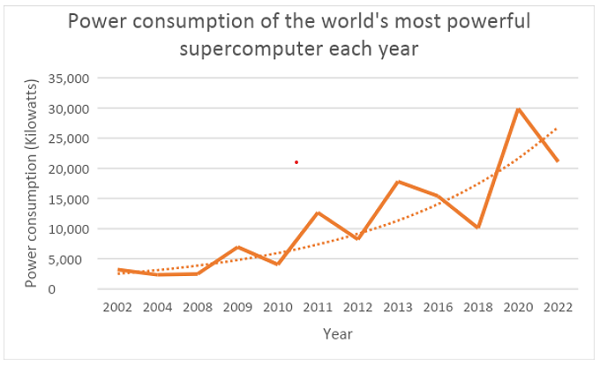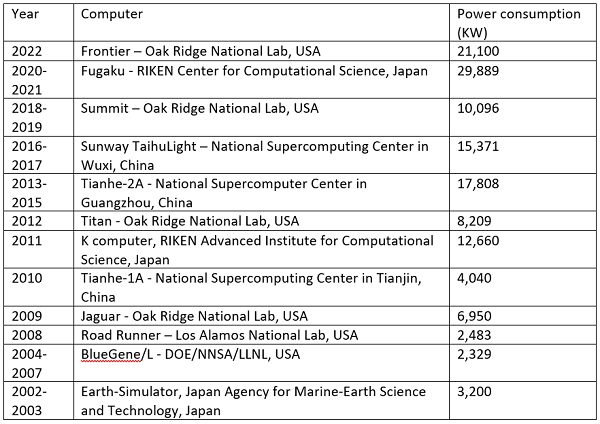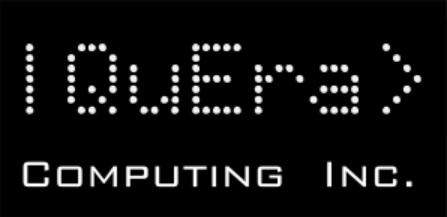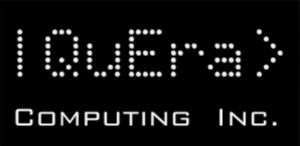
By Yuval Boger, Chief Marketing Officer, QuEra Computing Inc.
While quantum computers will ultimately be able to solve problems that no classical supercomputer can, what happens when quantum systems merely match classical’s performance for certain problems? What’s quantum’s value then?
One compelling answer: energy efficiency.
Based on data from the Top500 list of the world’s most powerful supercomputers, below is the energy consumption, in kilowatts, of the no. 1 ranked system for each of the past 20 years:


The table and graph reveal a rising trend in energy consumption, with some systems approaching nearly 30 megawatts. Beyond the sheer power consumed by these computational behemoths, they also produce substantial heat, necessitating additional energy for cooling, elevating overall energy footprints.
According to the US Energy Information Administration, the average electricity cost in February 2023 for commercial customers was 12.77 cents per kilowatt hour. To calculate the annual electricity cost, we first need to convert the power consumption of the Frontier supercomputer from kilowatts (KW) to kilowatt-hours (kWh), and then multiply by the cost per kWh:
- Converting power consumption to kWh per year: 21,100 KW * 24 hours/day * 365 days/year = 184,716,000 kWh/year
- Calculating the cost: 184,716,000 kWh/year * $0.1277/kWh = approximately $23,589,392.20 per year
In contrast, we know of a publicly accessible quantum computer with more than 250 qubits that consumes less than 10 KW, which is less than 0.05 percent of Frontier’s consumption. The energy usage of the quantum system does not scale directly with the number of qubits, but even when we hypothetically project to a quantum computer with 10,000 qubits, we estimate it would only require 100 KW. This would still be less than half a percent of the power consumption of Frontier.
 If that quantum computer could perform just 5 percent of the tasks that Frontier does, it could result in annual savings of over $1 million and a reduction in energy consumption of nearly 10 gigawatt-hours per year.
If that quantum computer could perform just 5 percent of the tasks that Frontier does, it could result in annual savings of over $1 million and a reduction in energy consumption of nearly 10 gigawatt-hours per year.
Bob Sorensen, Senior VP of Research at Hyperion Research, remarked on this at a recent event. “How many HPC centers are interested in potential energy savings? The answer’s simple. All of them”, he said. “As long as quantum computing can stay in that kilowatt range and stay three or four orders of magnitude below [classical HPCs], the power-to-solution opportunities here are wholly unappreciated in my mind about the potential for this technology.”
We often hear of “quantum advantage,” when quantum computers outperform their classical counterparts and solve previously intractable problems. While this is an important and noble goal, a more attainable near-term goal could be performance parity at a fraction of the energy consumption. This is akin to the transition from gasoline-powered cars to electric vehicles (EVs), where the goal isn’t necessarily to outperform traditional cars but to provide a comparable driving experience while significantly reducing the environmental impact.
Governments and regulatory bodies could have an important role to play in encouraging businesses to adopt quantum computers as part of their sustainability programs. They can, for instance, create policies that incentivize the use of energy-efficient technologies, such as offering tax breaks or grants to companies that invest in quantum computing. Governments can also fund research and development in quantum computing, helping to advance the technology and make it more accessible to businesses, driving down energy consumption.
Quantum computers could usher in not only a new era of computational problem solving but also a more sustainable, energy-efficient approach to high-performance computing, harnessing their immense computational power in an eco-friendly manner. Quantum promises a future where increased computational capacity does not come at the expense of our planet’s resources. This is the true power of quantum computing – a power that goes beyond qubits and algorithms to include sustainability and energy efficiency.
- SEO Powered Content & PR Distribution. Get Amplified Today.
- PlatoData.Network Vertical Generative Ai. Empower Yourself. Access Here.
- PlatoAiStream. Web3 Intelligence. Knowledge Amplified. Access Here.
- PlatoESG. Automotive / EVs, Carbon, CleanTech, Energy, Environment, Solar, Waste Management. Access Here.
- BlockOffsets. Modernizing Environmental Offset Ownership. Access Here.
- Source: https://insidehpc.com/2023/06/the-energy-advantage-of-quantum-computers/
- :is
- :not
- :where
- $1 million
- 000
- 1
- 10
- 100
- 12
- 20
- 20 years
- 2023
- 214
- 24
- 250
- 30
- 77
- a
- Able
- About
- accessible
- Additional
- administration
- adopt
- advance
- ADvantage
- algorithms
- All
- also
- an
- analysis
- and
- annual
- answer
- approach
- approaching
- approximately
- ARE
- AS
- At
- Attainable
- average
- BE
- Behemoths
- below
- Beyond
- bodies
- breaks
- businesses
- but
- by
- calculate
- CAN
- Capacity
- cars
- Centers
- certain
- chief
- come
- commercial
- Companies
- comparable
- compelling
- computational power
- computer
- computers
- computing
- consumed
- consumption
- contrast
- convert
- Cost
- could
- create
- Customers
- data
- Development
- directly
- does
- down
- driving
- each
- Eco-friendly
- efficiency
- Electric
- electric vehicles
- electricity
- elevating
- encouraging
- energy
- Energy Consumption
- environmental
- Era
- estimate
- Even
- experience
- February
- First
- For
- four
- fraction
- from
- Frontier
- Frontier supercomputer
- fund
- future
- goal
- Goes
- Governments
- grants
- graph
- Half
- happens
- Harnessing
- Have
- he
- hear
- helping
- here
- high-performance
- hour
- hpc
- HTTPS
- Hyperion Research
- immense
- Impact
- important
- in
- incentivize
- include
- increased
- information
- instance
- interested
- Invest
- IT
- jpg
- just
- Kilowatt
- Know
- less
- List
- Long
- make
- manner
- many
- Marketing
- Match
- max-width
- merely
- million
- mind
- more
- most
- my
- nearly
- necessarily
- Need
- New
- news
- no
- Noble
- number
- of
- offering
- Officer
- often
- on
- only
- opportunities
- or
- orders
- our
- Outperform
- over
- overall
- parity
- part
- past
- percent
- Perform
- performance
- plato
- Plato Data Intelligence
- PlatoData
- Play
- policies
- potential
- power
- powerful
- previously
- Problem
- problems
- produce
- Programs
- project
- promises
- provide
- publicly
- Quantum
- Quantum Computer
- quantum computers
- quantum computing
- quantum systems
- qubits
- range
- ranked
- reducing
- reduction
- regulatory
- require
- research
- research and development
- Resources
- result
- reveal
- rising
- Role
- Said
- Savings
- Scale
- senior
- significantly
- Simple
- SOLVE
- Solving
- some
- stay
- Still
- substantial
- such
- supercomputer
- Sustainability
- sustainable
- system
- Systems
- table
- tasks
- tax
- Technologies
- Technology
- than
- that
- The
- their
- then
- These
- they
- this
- three
- to
- traditional
- transition
- Trend
- true
- Ultimately
- us
- Usage
- use
- value
- Vehicles
- vp
- was
- we
- What
- when
- which
- while
- wholly
- will
- with
- world’s
- would
- year
- years
- zephyrnet












